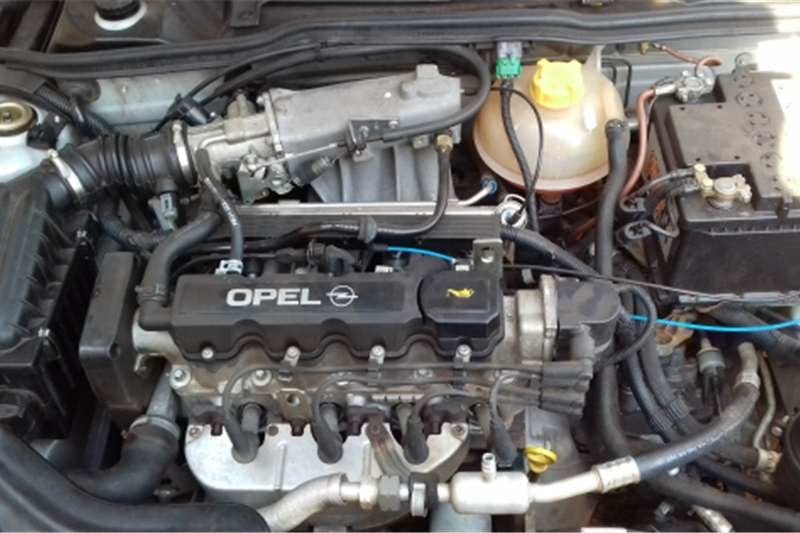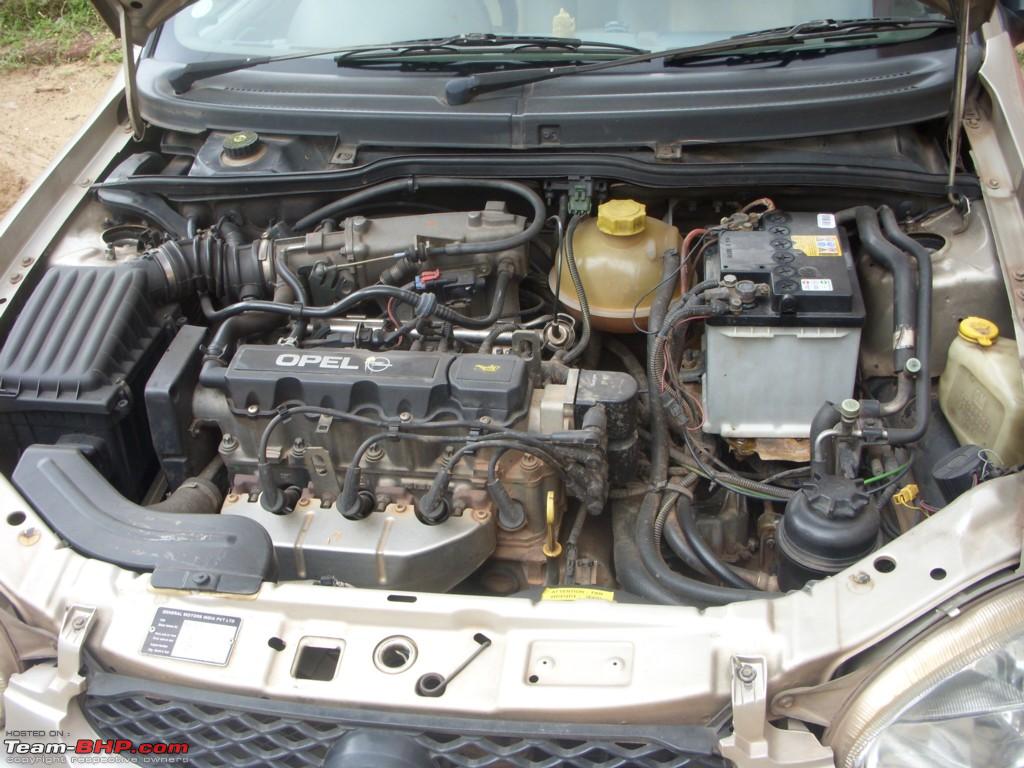Unveiling Opel Corsa 1.4 Engine Price Provides: Your Source for Premium Car Parts
Unveiling Opel Corsa 1.4 Engine Price Provides: Your Source for Premium Car Parts
Blog Article
Engine Purchasing Specialist Tips on Picking the Right Engine for Your Specific Requirements
Selecting the ideal engine for your particular demands involves an intricate interplay of aspects that go past simple horse power figures. By delving right into the complexities of power versus performance, examining fuel rankings, and budgeting for lasting prices, one can genuinely optimize their engine choice.
Power Vs. Effectiveness: Locating the Balance
When picking an engine, it is essential to strike a balance between power and performance to fulfill your specific requirements effectively. Power describes the engine's capacity to produce power for propulsion, determining aspects like acceleration, towing ability, and general performance - Opel Corsa 1.4 Engine Price. On the various other hand, effectiveness associates with just how well the engine makes use of fuel to create power, influencing factors such as gas economy and environmental kindness
Accomplishing the best balance in between power and performance is essential due to the fact that an engine that is as well powerful might take in extreme fuel, leading to greater operating expenses and unnecessary stress on the environment. Alternatively, an engine that focuses on efficiency over power may cause slow efficiency, particularly sought after scenarios like hauling heavy tons or driving uphill.
To make an educated choice, think about aspects such as your normal driving conditions, the designated usage of the car, and your personal choices. By reviewing your demands and concerns, you can select an engine that strikes the perfect equilibrium between power and effectiveness, making sure ideal performance while decreasing environmental influence and operating expense.
Comprehending Engine Size and Type
To even more improve the option process of an engine that strikes the ideal equilibrium in between power and performance, it is important to look into the complexities of recognizing engine dimension and kind. Engine dimension refers to the overall volume of air and gas that can be pressed through the engine cylinders. It is normally gauged in liters or cubic centimeters. Larger engine dimensions generally result in more power result however can also result in decreased fuel effectiveness. On the various other hand, smaller engine sizes are usually extra fuel-efficient but may give up some power.
Usual engine types consist of inline engines, V engines, and rotating engines, each with its distinct benefits and drawbacks. Recognizing the interaction in between engine size and kind is vital in selecting an engine that lines up with your details requirements and top priorities, whether it be power, performance, or an equilibrium of both.

Consider Your Vehicle's Demands
If you are looking for an engine for a durable truck that will certainly be made use of for towing, you will need an effective engine with high torque capacities. On the various other hand, if you are picking an engine for a portable cars and truck mostly utilized for city commuting, fuel effectiveness may be an extra crucial variable to take into consideration.
Additionally, the surface on which the lorry will mainly run must affect your engine choice. If you frequently drive in hilly or hilly areas, a robust engine with excellent climbing up power will certainly be essential. Conversely, for flat terrains, a much more fuel-efficient engine might be sufficient. By straightening the engine specs with your vehicle's demands, you can ensure that your vehicle runs effectively and satisfies your efficiency assumptions.
Assessing Fuel Efficiency Scores
Assessing gas efficiency ratings is a critical aspect of choosing the appropriate engine for your car, making sure price savings and environmental sustainability. Fuel effectiveness ratings, generally determined in miles per gallon (MPG) for gas engines or kilowatt-hours per 100 miles (kWh/100 miles) for electrical engines, indicate how much a lorry can travel on a specific amount of gas or electrical power. Higher MPG or lower kWh/100 miles values represent more reliable engines, converting to reduced fuel costs and reduced carbon emissions.
In addition, compare various engine options within the same car course to recognize navigate here the most affordable choice. Elements such as engine dimension, weight, aerodynamics, and crossbreed or electrical capacities can all affect gas performance.
Budgeting for Long-Term Costs
Tactically intending for long-lasting expenses is imperative when selecting an engine, guaranteeing financial sustainability over the automobile's life expectancy. While the initial purchase price of an engine is a substantial aspect, it is vital to take into consideration the long-lasting costs connected with upkeep, repair work, and gas intake. Choosing an extra fuel-efficient engine may have a greater in advance expense yet can lead to substantial financial savings over time. Regular upkeep, such as oil changes, filter replacements, and tune-ups, is important to maintain the engine running efficiently and effectively, minimizing the danger of pricey repair work down the line.
Additionally, researching the availability and expense of replacement components for the chosen engine is important in budget preparation. Engines with readily offered and affordable parts can substantially affect long-lasting upkeep expenses. Furthermore, taking into consideration the engine's longevity and expected life expectancy can help avoid unexpected replacement prices in the future. By meticulously budgeting for these long-lasting expenditures and factoring them into the decision-making procedure, individuals can pick an engine that not just meets their prompt needs but also remains affordable throughout its life-span.
Final Thought
To conclude, picking the right engine for Read Full Article your particular requirements requires stabilizing power and effectiveness, recognizing engine dimension and type, considering your automobile's needs, examining gas performance ratings, and budgeting for long-term costs. By meticulously thinking about these elements, you can guarantee that you pick an engine that satisfies your requirements and provides optimum performance for your vehicle.
To further refine the choice procedure of an engine that strikes the optimal balance between power and efficiency, it is essential to delve into the this website complexities of comprehending engine dimension and type. Engine size refers to the complete quantity of air and gas that can be pressed with the engine cylinders. Usual engine kinds include inline engines, V engines, and rotary engines, each with its unique advantages and disadvantages. Recognizing the interaction in between engine size and type is important in choosing an engine that aligns with your certain demands and top priorities, whether it be power, efficiency, or an equilibrium of both.

Report this page